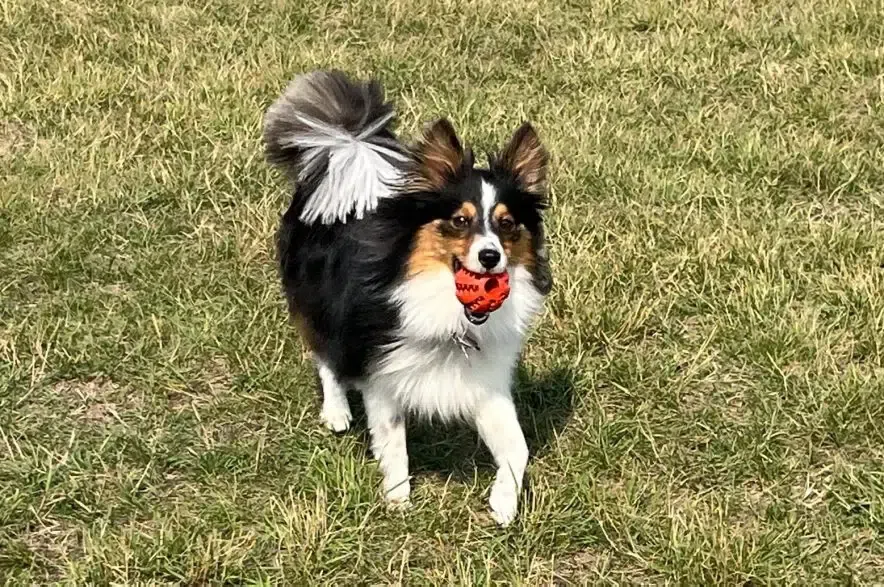Veterinarians at the University of Saskatchewan are encouraging pet owners to protect their dogs from canine parvovirus.
Parvovirus is a highly contagious and potentially deadly disease that attacks dogs’ gastrointestinal systems, leading to vomiting, bloody diarrhea, a lack of energy and a loss of appetite. The disease can also disrupt a dog’s immune system by attacking bone marrow. It can spread through contact with contaminated feces, and even indirect contact can be enough for a dog to be affected.
Read More:
- ‘This is an emergency’: Regina Humane Society struggling with dog capacity issues
- Ranchers concerned after case of bovine tuberculosis detected in Saskatchewan
- Former U of S Lutheran Theological Seminary to be demolished
Vets at the U of S recommended that all dog owners have their animals vaccinated, which is the only effective way to stop the disease.
“Vaccination is absolutely paramount,” Dr. Karen Sheehan, a veterinarian and clinical instructor at the university’s Western College of Veterinary Medicine, said in a statement.
Vaccination consists of three doses over eight weeks, followed by a booster the following year, and additional boosters every three years after that.
“Until dogs are fully vaccinated (two weeks after their third shot), owners should avoid taking their pets to dog parks and other high-traffic environments,” the university said in a statement.
“Puppies get antibodies from their mothers through colostrum (mother’s first milk), but those fade over time,” Sheehan added. “We vaccinate up to 16 or 20 weeks to make sure the puppy’s immune system responds once maternal protection drops off. There’s no easy way to know when that transition happens, so completing the full series of shots is essential.”
“For dogs that do contract the virus, early veterinary intervention is critical,” the university noted.
“Treatment focuses on supportive care, including hydration, anti-nausea medications, blood sugar monitoring and antibiotic drugs to prevent secondary infections. With appropriate treatment, the survival rate is 90 per cent.”
The university shared the story of Griffyn, a schnauzer-pug cross owned by Christine Tetreault. Griffyn, at just 14 weeks old, was two weeks away from completing her vaccinations for parvovirus when she was infected through contact with an unvaccinated dog.
When the dog began vomiting, Tetreault rushed Griffyn to the college’s Veterinary Medical Centre for treatment.
“The VMC clinical staff tested her outside, just in case. And sure enough—she tested positive for parvo. I just broke down,” Tetreault said, quoted in a university news release.
After nine days of intensive care, the dog made a recovery and Tetreault was able to take her home. She’s now working with the college to raise awareness about the virus.
“Griffyn still loves life. She still loves everyone and everything. And somehow, she still loves vets,” said Tetreault.
“But if it hadn’t been for all the support of everyone at the (Western College of Veterinary Medicine), my online community, absolute strangers, family and friends who all went above and beyond, Griffyn may not have had such a positive outcome.”











